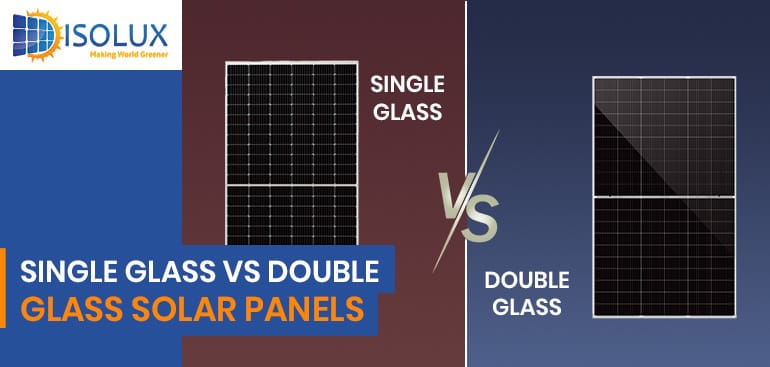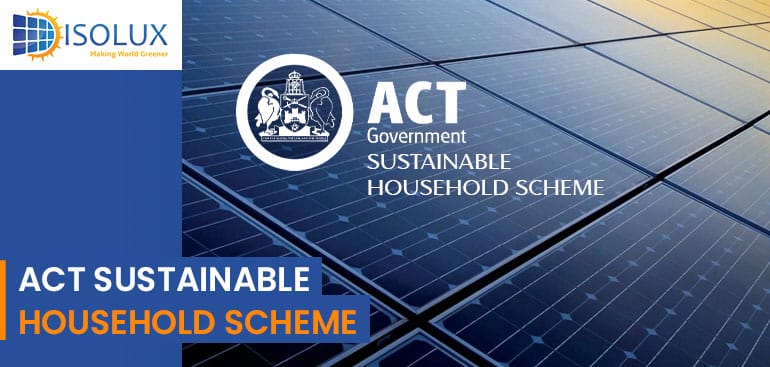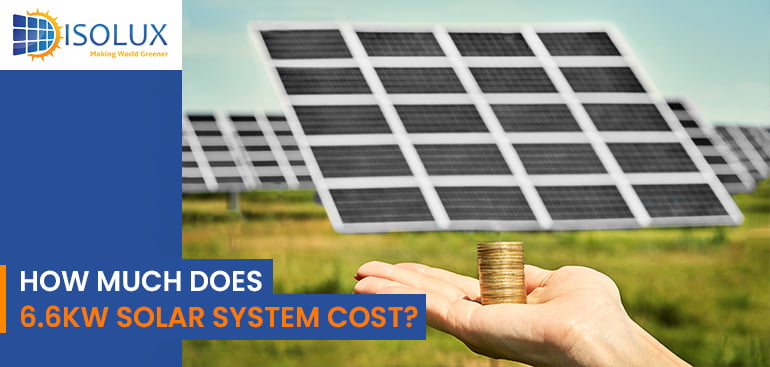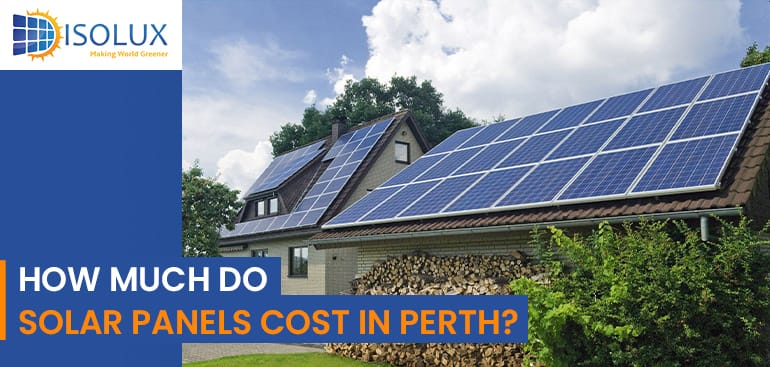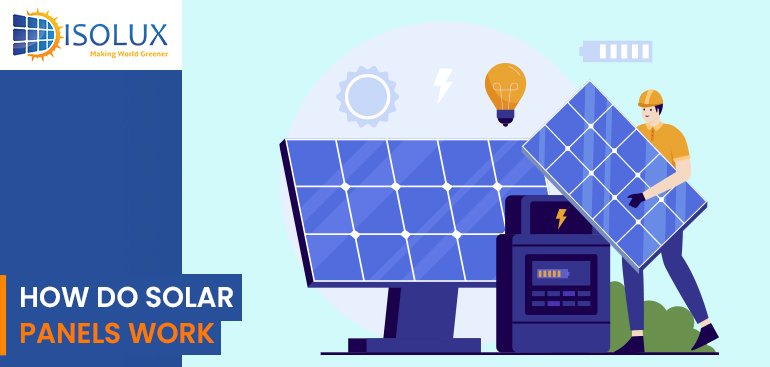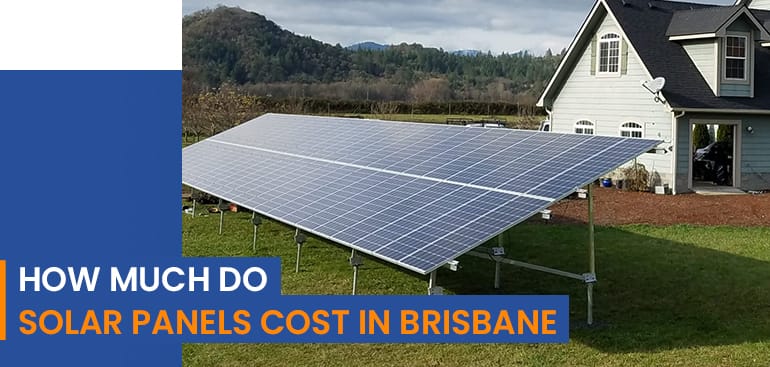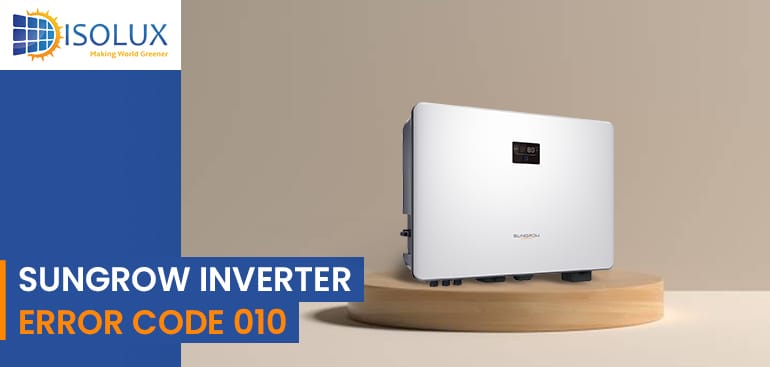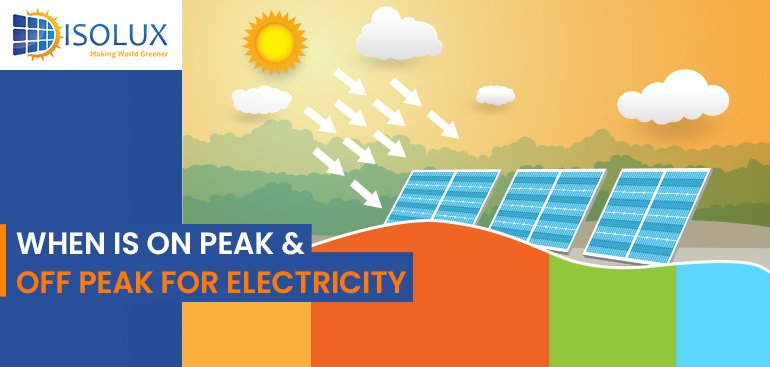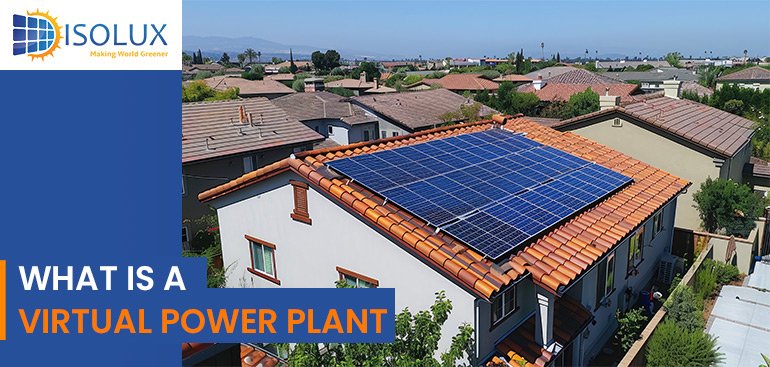When investing in solar energy, choosing the right type of solar panel is crucial for maximizing efficiency and durability. Among the many options available, single glass and double glass solar panels are two popular choices. But how do they differ, and which is the better choice for your needs? Let’s dive into the details to help you make an informed decision.
The Australian Capital Territory (ACT) Government’s Sustainable Household Scheme (SHS) offers zero-interest loans to assist residents in adopting energy-efficient technologies, including solar panels and battery storage systems. This initiative aims to reduce energy consumption, lower utility bills, and support the ACT’s commitment to achieving net-zero emissions by 2045.
Investing in renewable energy is a growing priority for Australian homeowners and businesses, and solar power leads the charge. Among the various sizes available, the 6.6kW solar system has emerged as a popular choice for its balance between size, output, and cost.
Let’s explore the cost of a 6.6kW solar system in Australia, considering factors that influence the price, and how Isolux Solar positions itself as a competitive provider in the market.
Solar power systems have grown more affordable in Perth, making the option increasingly attractive for both residential and commercial properties. For Brisbane-based company Isolux Solar, understanding the costs in Perth can help you address customer questions and highlight any differences between cities.
Solar panels capture sunlight and convert it into electricity. Imagine them as super-efficient light catchers on your roof. When sunlight hits these panels, it triggers a reaction that generates electrical power. This clean and green energy helps the environment but, also puts you in control of managing and saving your energy bills. So, if you’re thinking about going solar, it’s like having your power plant on the roof, turning sunlight into energy for your home. Know how solar panels work.
Installing solar panels in Brisbane is an increasingly popular and economically sound investment due to abundant sunlight and various government incentives. Here’s a breakdown of what you can expect in terms of costs, savings, and factors that influence the final price of solar panel installations in Brisbane.
Sungrow is a well-known inverter brand in the solar industry, providing reliable solutions for residential and commercial solar systems. However, like any advanced technology, Sungrow inverters can sometimes encounter issues, with Sungrow Inverter Error Code 010 being one of the more common problems. If you’re experiencing this issue, it’s important to understand what it means, its causes, and how to fix it.
Australia’s push toward renewable energy continues to grow, making solar power an increasingly popular choice for homeowners and businesses alike. With abundant sunlight and government incentives, more Australians are turning to solar companies to install efficient and cost-saving systems. But there are many solar companies to choose from? Look at the top 10 solar companies in Australia for 2025, providing premium solar company to meet the country’s energy needs.
Understanding when electricity rates are highest and lowest can help Sydney residents manage energy costs more effectively. Electricity usage is typically categorized into on-peak, off-peak, and sometimes shoulder periods, which are priced differently based on energy demand. Let’s get into what on-peak and off-peak electricity periods are, how they work, and when to use them to save on your electricity bill in Sydney.
In the rapidly evolving landscape of energy technology, the concept of a Virtual Power Plant (VPP) is emerging as a game-changer. VPPs are a revolutionary approach to energy management, leveraging the power of digital technology to create more efficient, reliable, and sustainable energy systems. But what exactly is a VPP, and why does it matter? This article will explore the fundamentals of virtual power plants, how they work, their benefits, and their potential impact on the future of energy.

